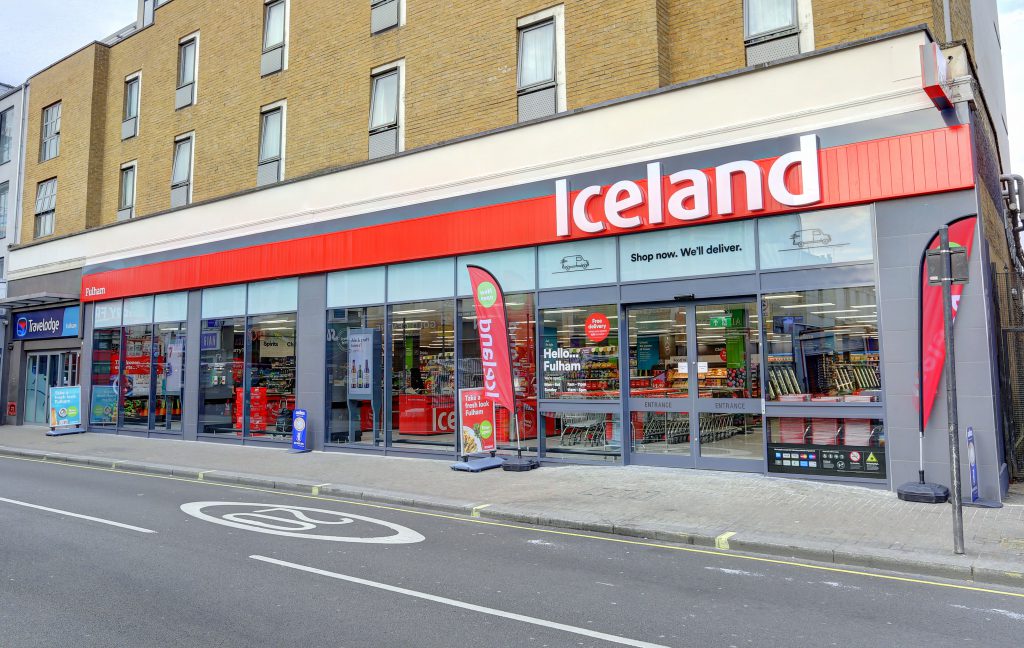UK households had around £25 more to spend on average over the first three months of this year compared to last year, according to research from Asda.
The supermarket found that each UK household had an average disposable income of around £275 per week after paying bills and purchasing essentials.
Asda said that the increase is due to lower levels of inflation compared to the same period of last year, which helped slow the growth of essential spending to 3.5 per cent in the first quarter of this year compared to 4.7 per cent in the same quarter in 2024.
Inflation has consistently slowed throughout the first quarter, dropping to 2.6 per cent in March.
Asda said the slowdown in price growth was primarily driven by falling fuel prices, with both petrol and diesel seeing significant declines.
Londoners had the highest disposable income after bills with an average of around £334 per week, which Asda said is an improvement of £27 compared to the same period last year.
Although households had more to spend as a result of inflation easing, Asda said that annual gross income growth slowed in nearly all UK regions in the three months ending in March, reflecting the impact of a cooling job market.
Earnings growth slowed to an average of 5.6 per cent, with the Northeast, Wales, and London experiencing the largest year-on-year declines in gross income growth.
Analytics firm Cebr, who conducted the research with Asda, predicts that the spending power of households will come under pressure in the next few months due to the cooling job market, higher utility bills, and cuts to welfare spending.
“Higher utility bills, cuts to welfare spending, and rising employer costs are all likely to impact consumers,” said Charlie Cornes, senior economist at Cebr. “However, these impacts are expected to be partially offset by continued income growth, as wages are projected to rise faster than headline inflation for the remainder of the year.”
Latest News
-
Claire’s and The Original Factory Shop face administration after tough Christmas trading
-
Waitrose to create 550 jobs at new Bristol distribution centre as brand expands
-
Sainsbury’s taps Asda to boost expansion of its commercial transformation team
-
Tesco pledges to hold prices on over 3,000 branded items
-
Amazon faces class-action price gouging case after US judge rejects dismissal
-
Asos brings returns into sharper focus with app transparency for UK shoppers
Beyond Channels: Redefining retail with Unified Commerce
This Retail Systems fireside chat with Nikki Baird, Vice President, Strategy & Product at Aptos will explore how unified commerce strategies enable retailers to tear down these barriers and unlock new levels of operational agility and customer satisfaction.
The future of self-checkout: Building a system that works for consumers and retailers
In this webinar, industry leaders discussed what the future of self-checkout looks like and how retailers can make the technology work for everyone.
© 2024 Perspective Publishing Privacy & Cookies











Recent Stories